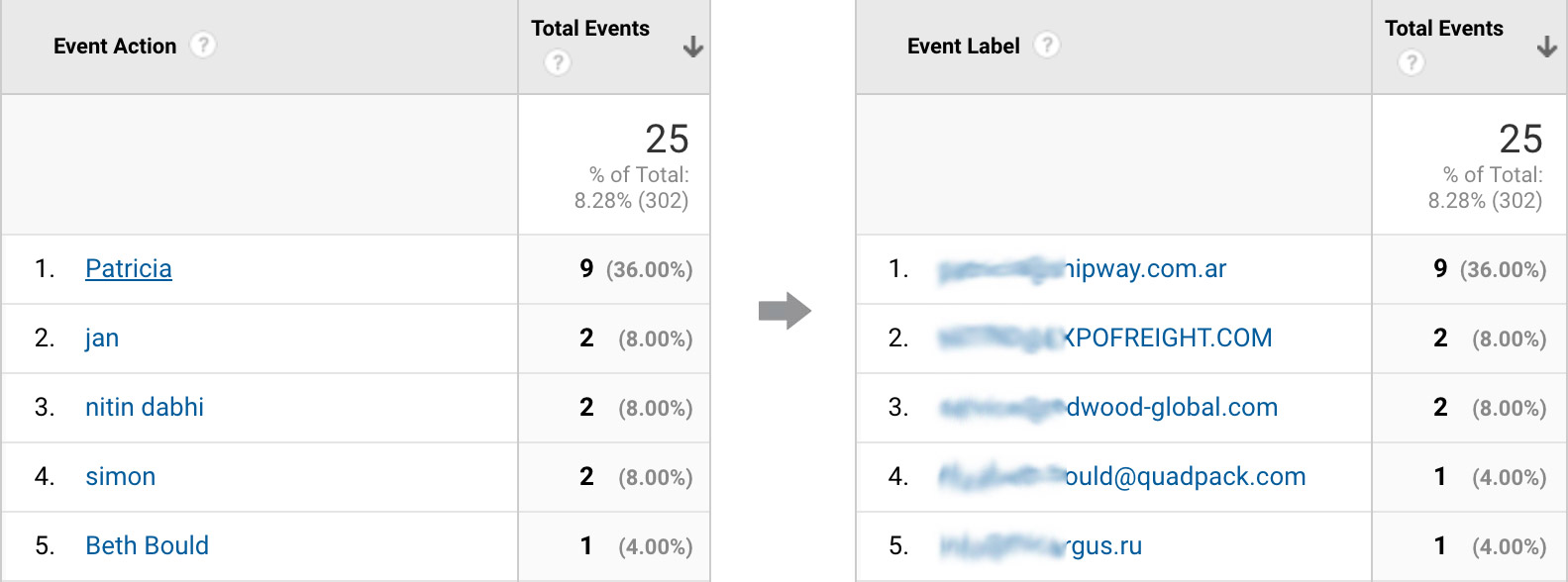Organic SEO
I'm very passionate about SEO - it's the most important part of any website eco-system. Why? Because it involves the acquisition of visitors to a website and is the first step in their journey. I've been exposed to a lot of SEO down the years and become quite good at attaining positive results for various businesses. Please refer to the screenshots here as proof of success with many results in the top 3 of Google search via important key search terms. Results are valid as at 22/06/18 on www.google.co.uk (yes, this web page could do with a refresh - June 2019)
My success around organic SEO comes from years of experimentation, analysis and a good general understanding of how the SEO ecosystem operates. I've worked with SEO agencies in the past and been able to lean on the wisdom which they were able to share with me in order to obtain results. The overall formula hasn't changed much in over 10 years, in spite of there being many Google algorithm updates which help to gear search queries in favour of the web user . As a general rule of thumb - don't use black hat techniques and keep honest about your approach.
A solid SEO plan takes time and effort to devise. It must be structured and thorough. Research into a website via Google Analytics, Search Console and other tools such as Screaming Frog are paramount. I'm able to compose SEO website audits and make recommendations which I'm confident will align with what any dedicated agency will highlight. Organic SEO can be simplified when it comes to implementation, but it does require co-operation from all stakeholders and a level of trust in whom is being asked to steer the direction of the overall strategy.
Any SEO professional will be comfortable with creating reports in Google Analytics and using Google Search Console - I'm no different. I've been using it for a good number of years now and am quite confident with the tool.
The screenshots here aren't the only success stories that I have had with organic SEO, however they are still relevant due to my work, hence why I am able to take credit for them. Please contact me to discuss more on how I can help.

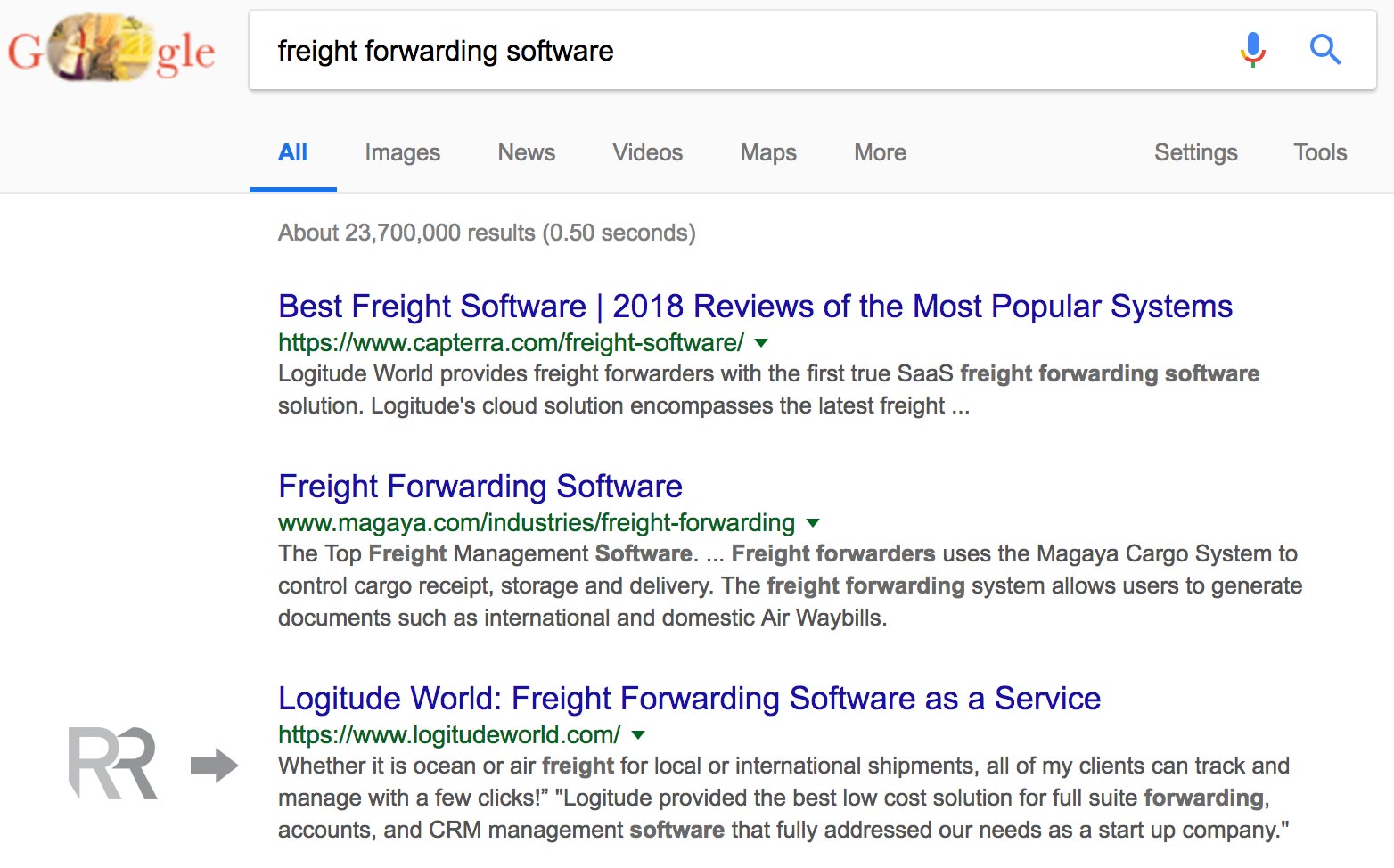
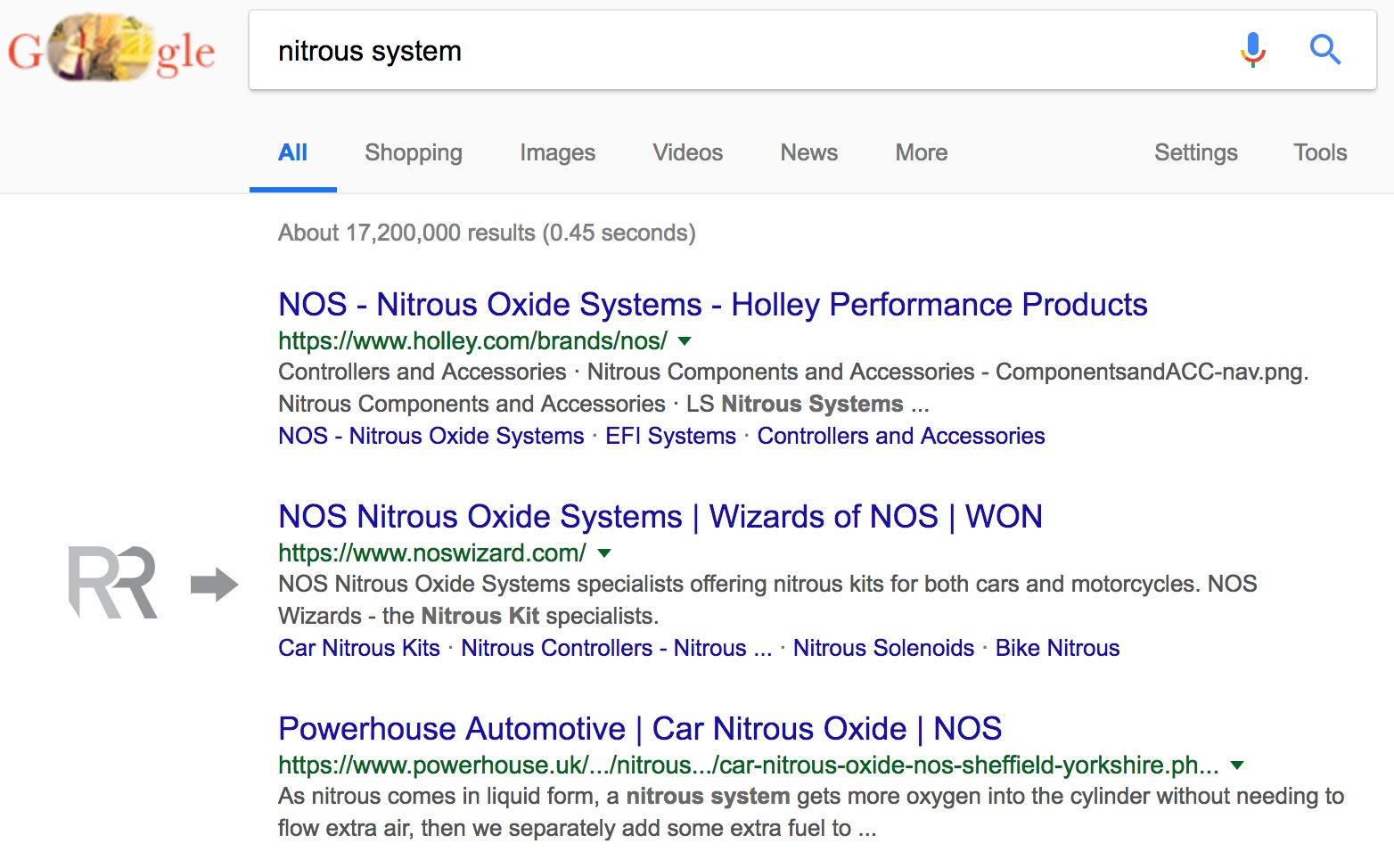
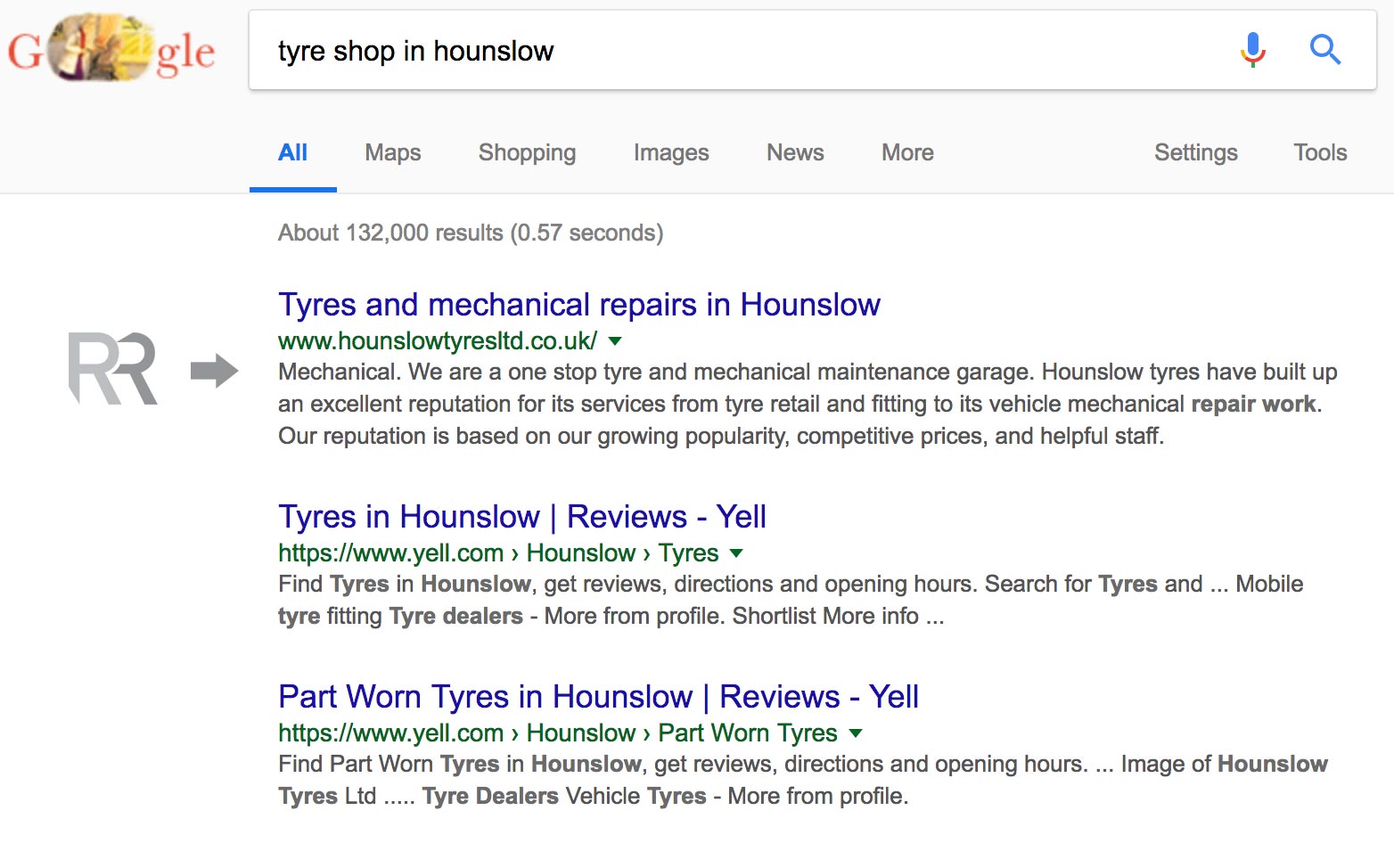
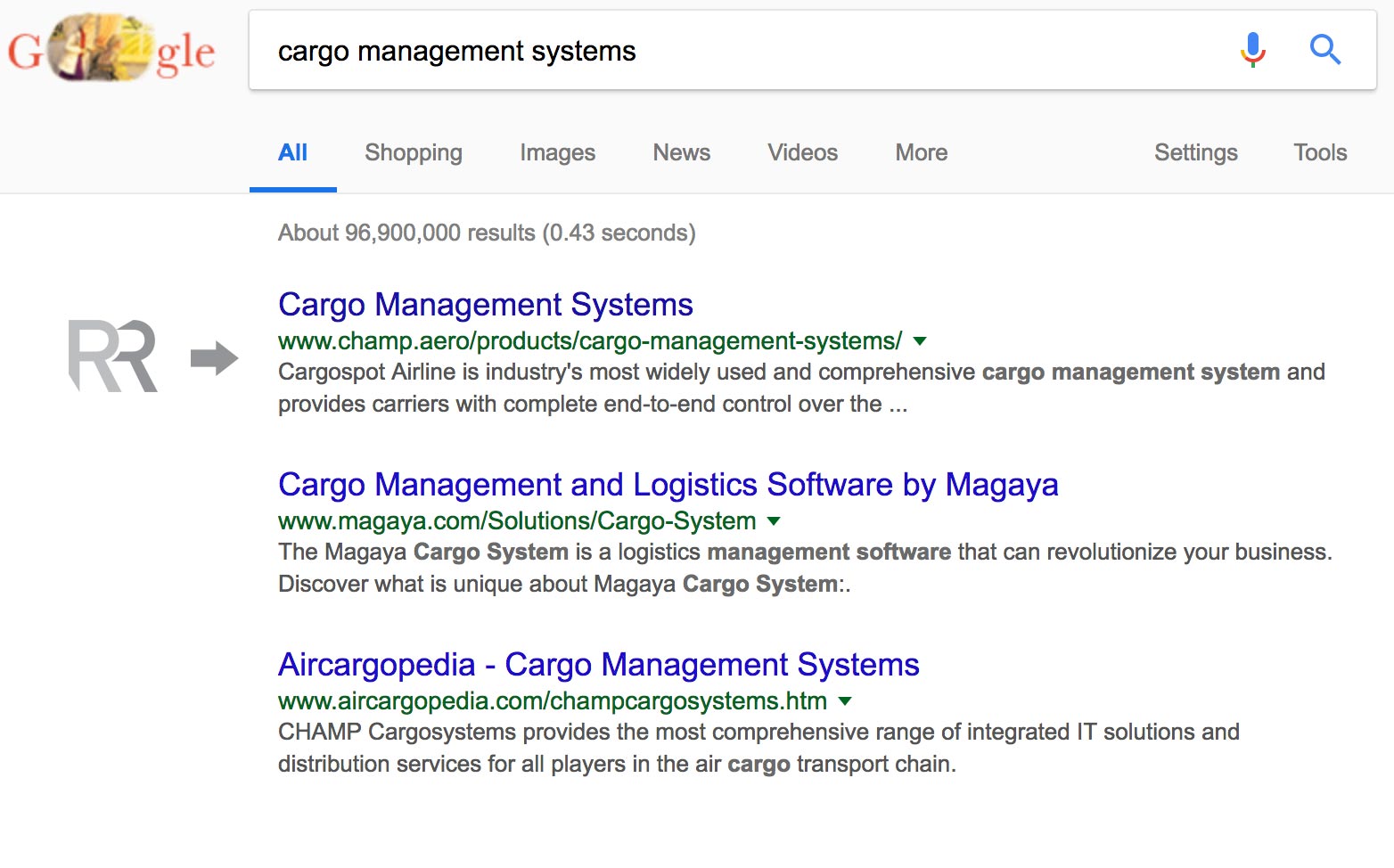
Google Adwords (Google Ads)
I've enjoyed great success with Google AdWords and I am even AdWords certified with Google, having passed my annual assessments.
I've had experience with running large-budget campaigns for B2C e-commerce clients like Finlux, NFER, Logitude and B2B clients such as Champ Cargosystems and Appian. I've also brought a lot of PPC success to smaller freelance clients such as Hounslow Tyres and The Tyre Centre for their Mobile Tyre Fitting services.
As any (honest) AdWords professional will tell you, it can be a little slow to get started during those first weeks (anything up to 6 weeks), but once a lean formula has been devised, the cost per click and conversion ratio can make AdWords a valuable tool to the success of a business.
I'm comfortable with setting up campaigns for conventional ads within the Google search network, but also ads for the display network too. Large or small budget - I'm able to work with either.
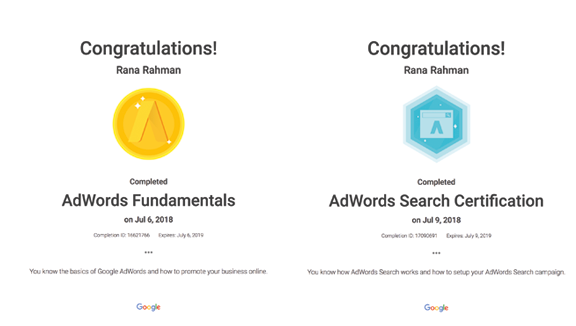
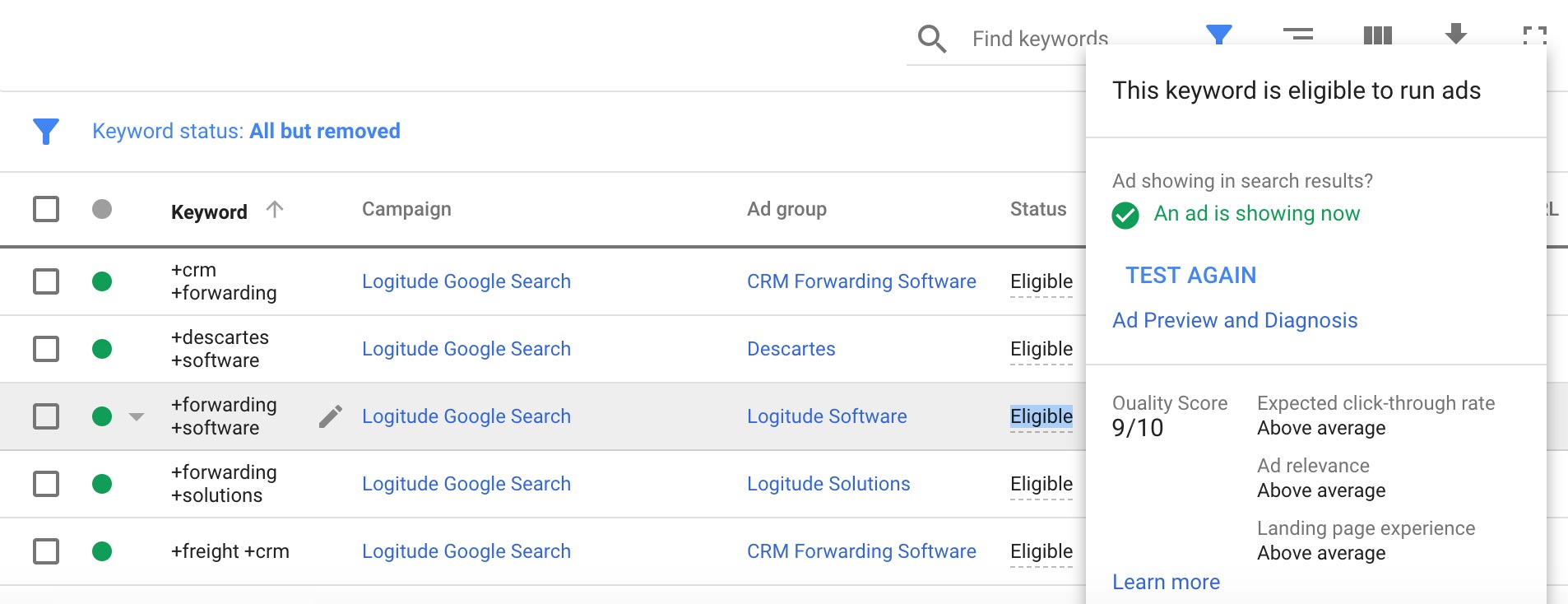
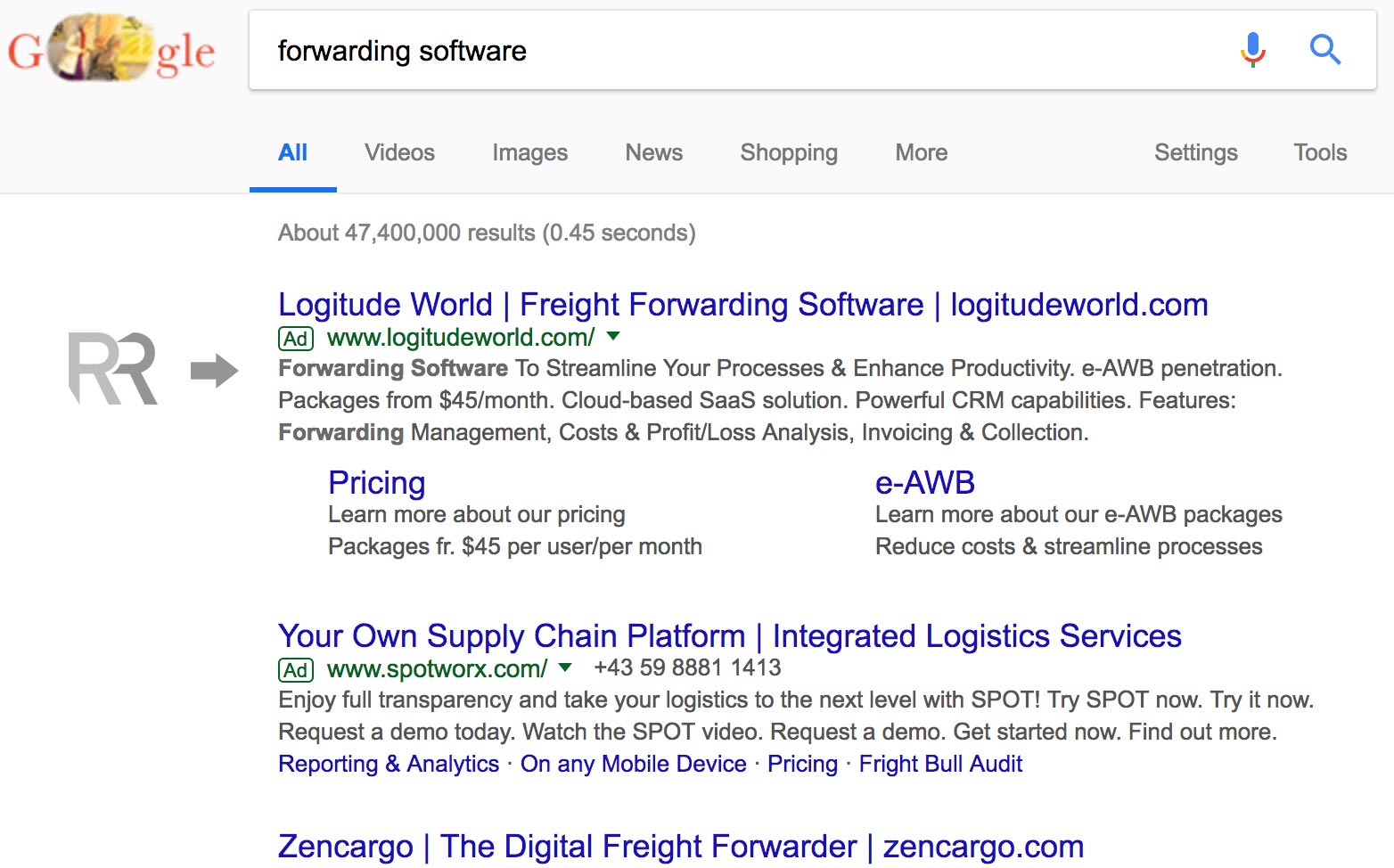
Google Tag Manager
I'm glad that the dark days of needing to add event listeners directly into HTML mark-up and/or JS files in order to track events in GA are over. Google Tag Manager (GTM) makes tasks like this much simpler and scalable.
I'm able to set up tracking via GTA, so that it feeds events/goals into Google Analytics. With the ability to do this, combined with my UX experience, I'm therefore able to analyse page performance to asses the validity of various web-page functionality.

I can also demonstrate clever use of being able to parse data from a web page directly into GA via GTA, so that more granular insight can be seen from website visitors. For example, on the Logitudeworld website, there was a requirement to see which specific website channels were best converting leads into paid subscribers vs the data in their CRM. I was able to send through the names and email addresses of the website form submissions into GA via GTA. Once the data was in GA, we were able to find out which traffic source they were spawned from (Organic, PPC, referral etc) and then compare in the CRM the ratio of paid subscribers etc
